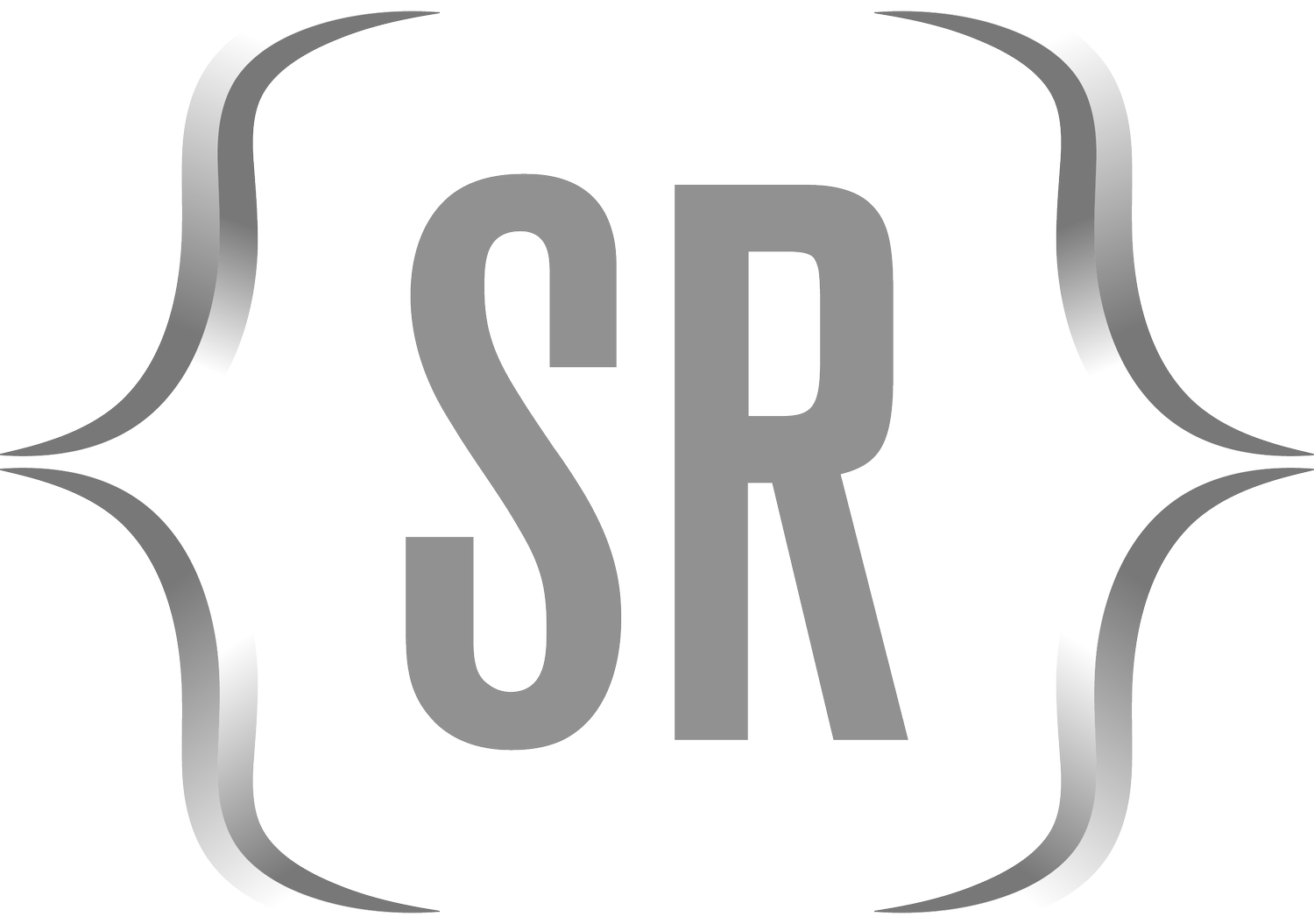Understanding Independent and Dependent Variables
In research and statistical analysis, the concepts of independent and dependent variables are fundamental. They play a critical role in experiments, helping to define the relationship between the factors being studied and the outcomes observed. Whether conducting a simple experiment or analyzing complex data, understanding the distinction between these two types of variables is key to setting up meaningful analyses and drawing valid conclusions.
What is an Independent Variable?
The independent variable is the variable that is manipulated or controlled by the researcher in an experiment. It is the presumed cause or factor that influences changes in another variable. The independent variable is often referred to as the "predictor" or "explanatory" variable because it is what the researcher thinks will affect the outcome.
In experiments, the independent variable is actively changed by the experimenter to observe its impact on the dependent variable. In observational studies, it is not manipulated but is still analyzed to see how it correlates with changes in the dependent variable.
Examples of Independent Variables
- In a drug trial, the dosage of a medication could be the independent variable, with different participants receiving different dosages to assess the effect on their health.
- In an education study, the type of teaching method (e.g., traditional vs. online) might be the independent variable to see how it influences student performance.
- In a psychological experiment, exposure to stress (high vs. low) can be the independent variable to observe its impact on cognitive performance.
What is a Dependent Variable?
The dependent variable, sometimes called the "outcome" or "response" variable, is the variable that is measured or observed to assess the effect of the independent variable. It is called "dependent" because its value is believed to depend on the changes or differences in the independent variable.
The dependent variable represents the result or outcome that the researcher is interested in explaining or predicting. It is the focus of the data collection and analysis, as researchers seek to determine whether changes in the independent variable lead to changes in the dependent variable.
Examples of Dependent Variables
- In a drug trial, the dependent variable might be the patient's blood pressure, which is measured to see how it is affected by the drug dosage.
- In an education study, student test scores could be the dependent variable, measured to assess the effect of different teaching methods.
- In a psychological experiment, reaction time or accuracy in a task could be the dependent variable, measured after exposure to stress to see how it changes.
Relationship Between Independent and Dependent Variables
In any experimental or observational study, the independent and dependent variables are closely related. The key idea is that researchers manipulate or observe the independent variable to see if it has an effect on the dependent variable. The goal is to determine whether changes in the independent variable cause, predict, or are associated with changes in the dependent variable.
Cause-and-effect relationships: In controlled experiments, changes in the independent variable are intentionally introduced to observe their effect on the dependent variable. If changes in the independent variable lead to consistent changes in the dependent variable, a cause-and-effect relationship may be inferred. However, correlation in observational studies does not always imply causation, as other variables may be involved.
Examples of Independent and Dependent Variables in Different Fields
Psychology
Independent variable: Type of therapy (e.g., cognitive-behavioral therapy vs. medication).
Dependent variable: Reduction in symptoms of depression.
Education
Independent variable: Amount of time spent studying.
Dependent variable: Final exam score.
Business
Independent variable: Price of a product.
Dependent variable: Number of units sold.
Confounding Variables
When working with independent and dependent variables, it is important to account for confounding variables, which are other factors that could affect the dependent variable but are not part of the experiment. Confounding variables can distort the relationship between the independent and dependent variables, making it difficult to determine the true cause of any observed changes. Controlling for these variables through proper experimental design or statistical techniques is essential for drawing valid conclusions.
Conclusion
Understanding the difference between independent and dependent variables is foundational to designing experiments and analyzing data. By clearly identifying the independent variable (what you manipulate or observe) and the dependent variable (what you measure), you can set up studies that explore relationships, test hypotheses, and draw meaningful conclusions about the phenomena you're investigating.
